Films from Brazil
Short films from Brazil, from our partners and from the If Not Us Then Who? project, exploring themes around land rights, womens’ rights, traditional knowledge and food as well as activism and protecting the forest.
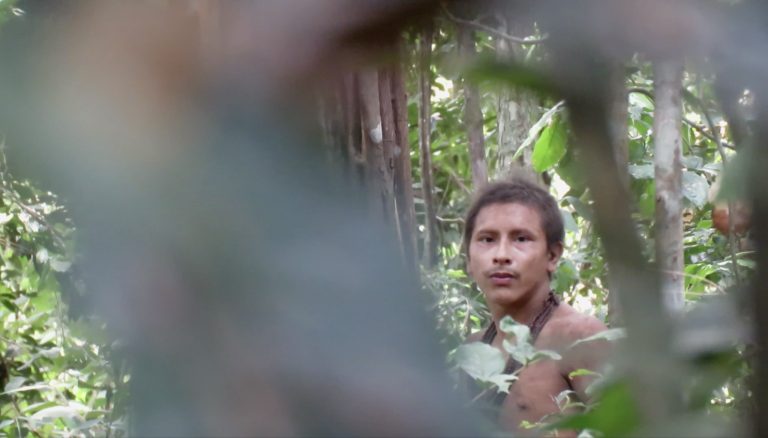
Indigenous filmmakers from Midia India release documentary alerting to the grave situation faced by their uncontacted relatives the Awá Guajá, from the Araribóia indigenous territory, one of the most endangered in the Amazon. The Awá Guajá depend intrinsically on the forest for survival – for hunting, for gathering, for water. However, the forest in the […]

The Brazil nut has always been a centerpiece of Wai Wai food culture. With the organization of the production chain, it has become a driver that is transforming lives and reinforcing the protection of a territory afflicted by invaders.
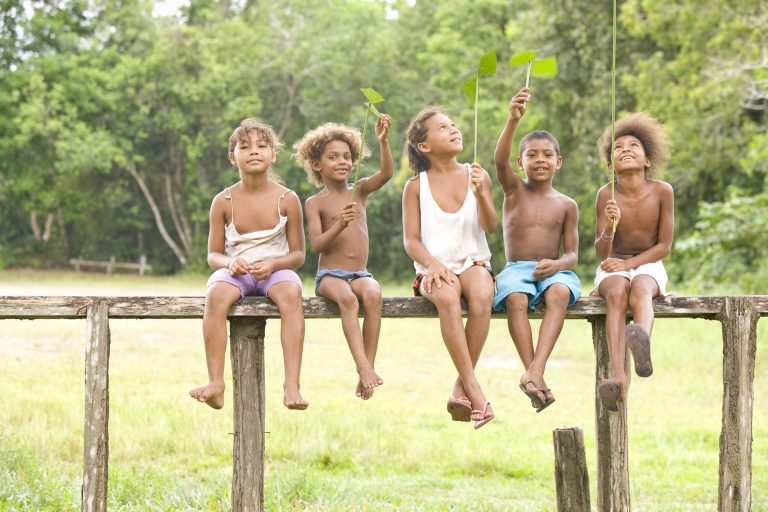
Brazil’s African slave descendants, the Quilombola, have fought a long and hard struggle for recognition. After the abolition of the slave trade they were left abandoned and ostracised, devoid of rights and outside of Brazilian mainstream society. But things are slowly changing amongst rural communities. In the 1988 constitution Brazil’s Quilombola were granted access to land rights and since then they have been actively building a way to secure land titles on the sites where many have lived for generations. Community mapping is an important tool in this process, as is increasing awareness amongst the Brazilian population through education and ecotourism. ‘Freedom’ looks at two Quilombola communities, one with no land title and one benefitting from legal recognition, and examines the disparities between them.
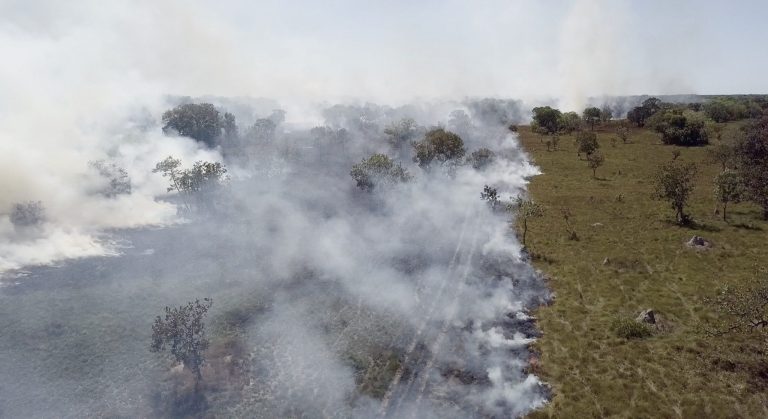
Wildfires are increasing in their frequency and ferocity worldwide – they consume forests and destroy lives. Is there a more effective way to fight them? Fighting fire with fire Traditional fire management practices hold many answers. Controlled fires, which were widely banned by colonialist authorities, had long been used by indigenous peoples to maintain their […]

“Tamuaté-Aki” (We are fed up) is a campaign from Uma Gota no Oceano and the filmmaker Marcos Prado. The result was 4 million and a half emails that were sent by the population to the National Congress, claiming the right of indigenous peoples to land demarcation in Brazil. The campaign highlights the importance of indigenous […]
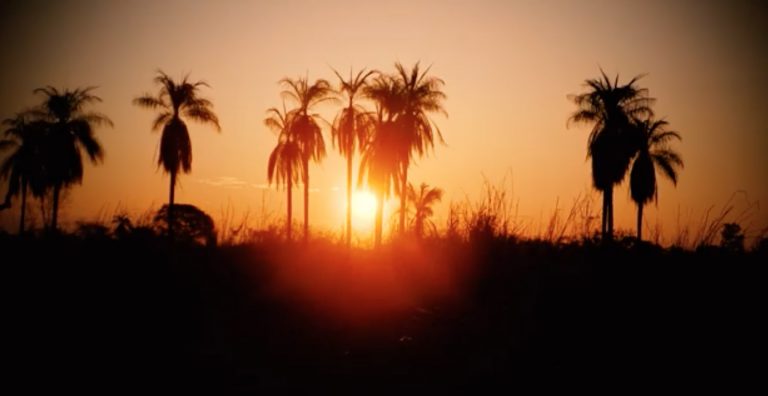
In an effort to reduce dependence on diesel, ISA, in partnership with the communities of the Xingu Indigenous Park, and the USP Energy and Environment Institute (IEE-USP), will bring solar energy generation systems to the region. 55 schools, 22 health posts and a further ten community points to support productive activities.
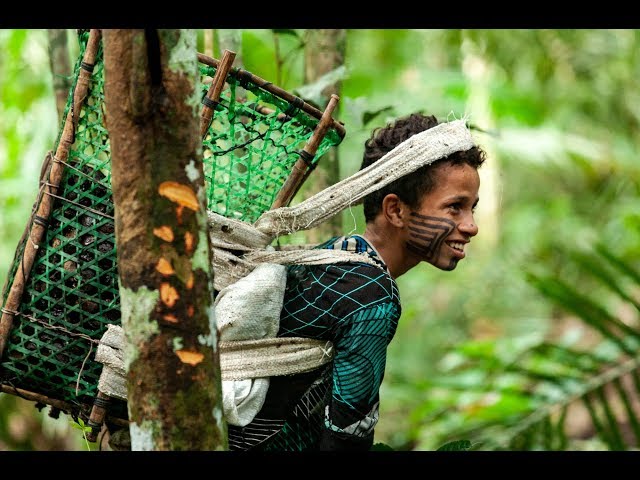
Terra do Meio in it’s fifth year brings together indigenous and local communities. The network of cantinas is able to supply traditional produce from the Amazon in a way that supports local communities and protects the forest. The Xipaya, Curuáya, Xikrin, Yudjá and Arara peoples joined by the banks of the Rio Xingu Extractive Reserves, […]
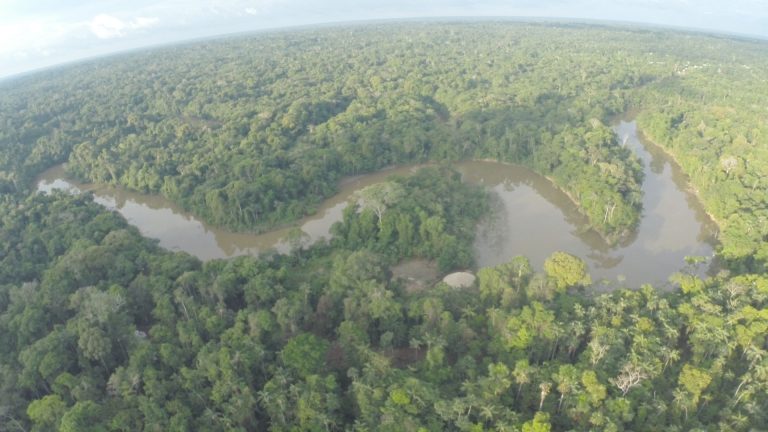
Having lived for millennia in the forests of the ‘Amazonian Trapezoid’, today the Amacayacu National Park, indigenous communities there are now treated as an obstacle to conservation. Their rights have been systematically violated since the National Park was created in 1975. In April 2015 the Ministry of Commerce, Industry and Tourism signed an agreement to […]

The final day of the Free Land Camp 2018 was marked by a march against the continuing genocide suffered by indigenous peoples, where a large blood trail was left on the Esplanade of the Ministries to remind everyone that indigenous peoples still bleed.
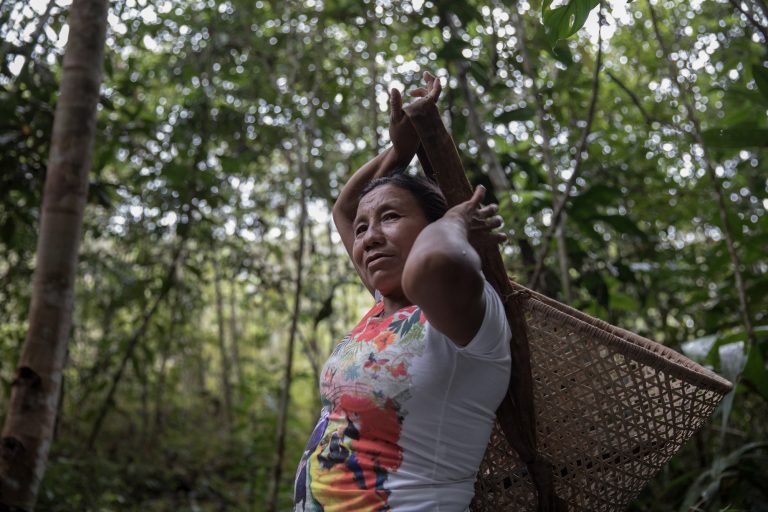
The Baniwa women of the Upper Negro River (AM) lead the production of their traditional pepper, the Baniwa Jiquitaia Pepper. Their strength was demonstrated in the inauguration of the Canadá Community House of Pepper, on the Ayari River, in May 2018. From the farming of the peppers to the labeling, filling and management of the […]
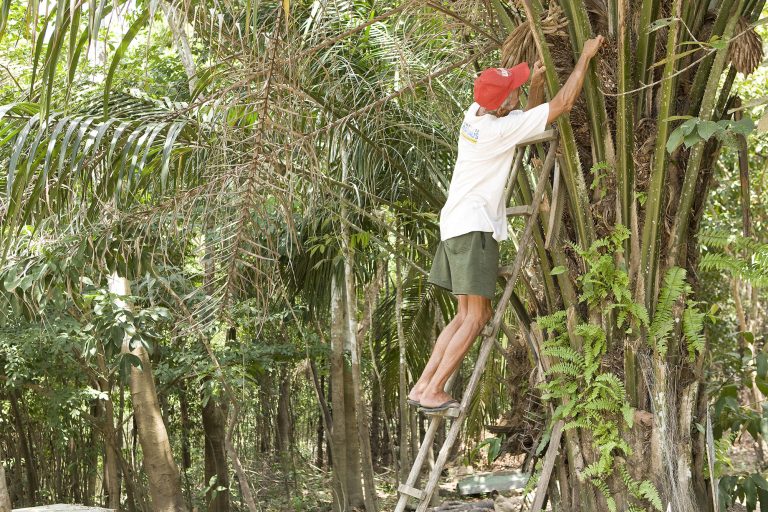
The community of Lago do Mainá have lived with the forest and the river, nature for them is the most fundamental thing they have. However a military training base and increasing incursions by soldiers created tension between the community and the army. Through the use of social mapping the people of Lago do Mainá have […]
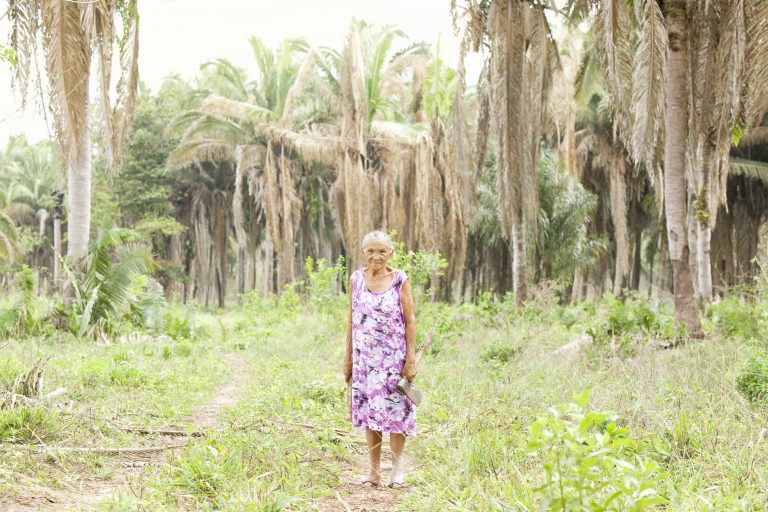
The humble babassu palm provides a livelihood for communities of women across North Eastern Brazil. Bread, charcoal, oil and soap are produced from the nut and husk; the surplus is sold on. But production has not always been so peaceful. Babassu: Brazil’s Warrior Women tells the story of the hard battle to maintain these communities’ […]
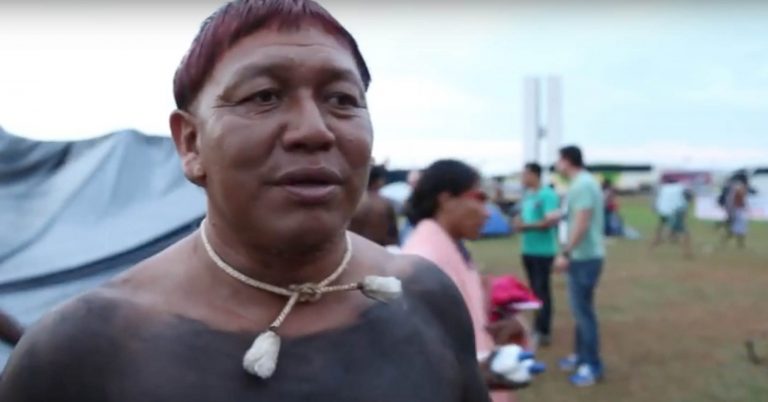
Even before Jair Bolsonaro won Brazil’s Presidential race in November 2018, many environmentalists were on high alert. Brazil’s precious rainforests live under constant threats of deforestation and economic exploitation.